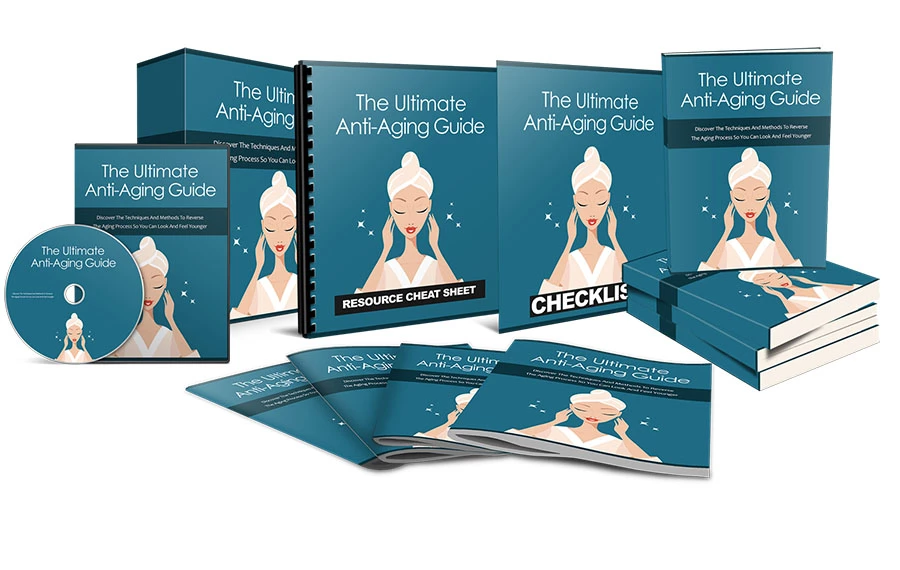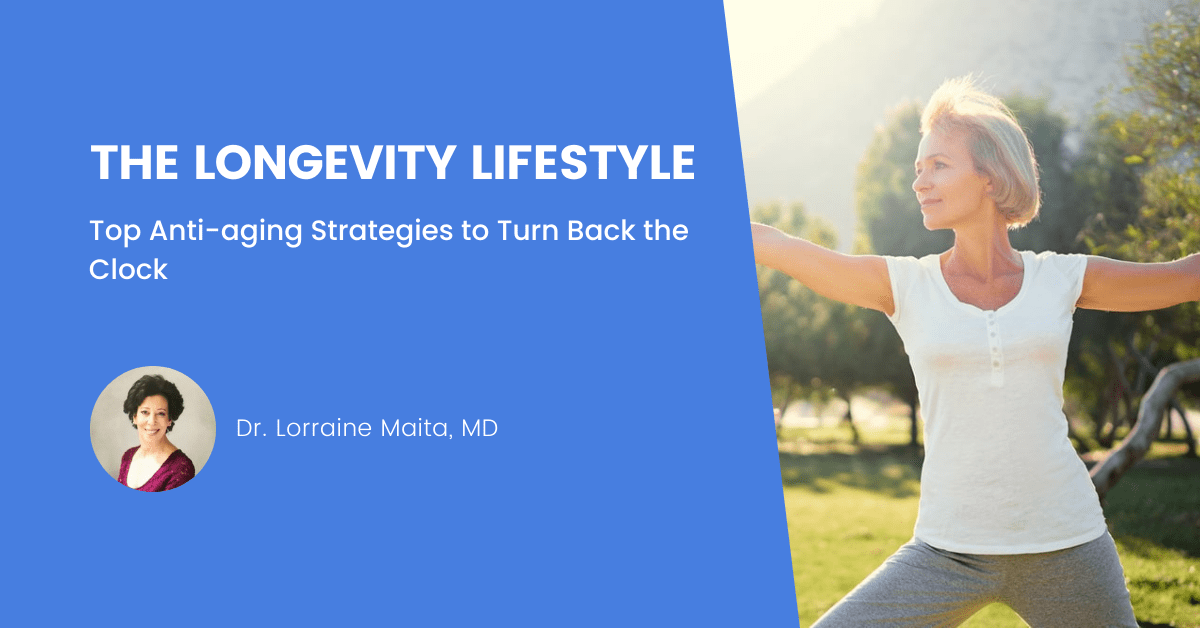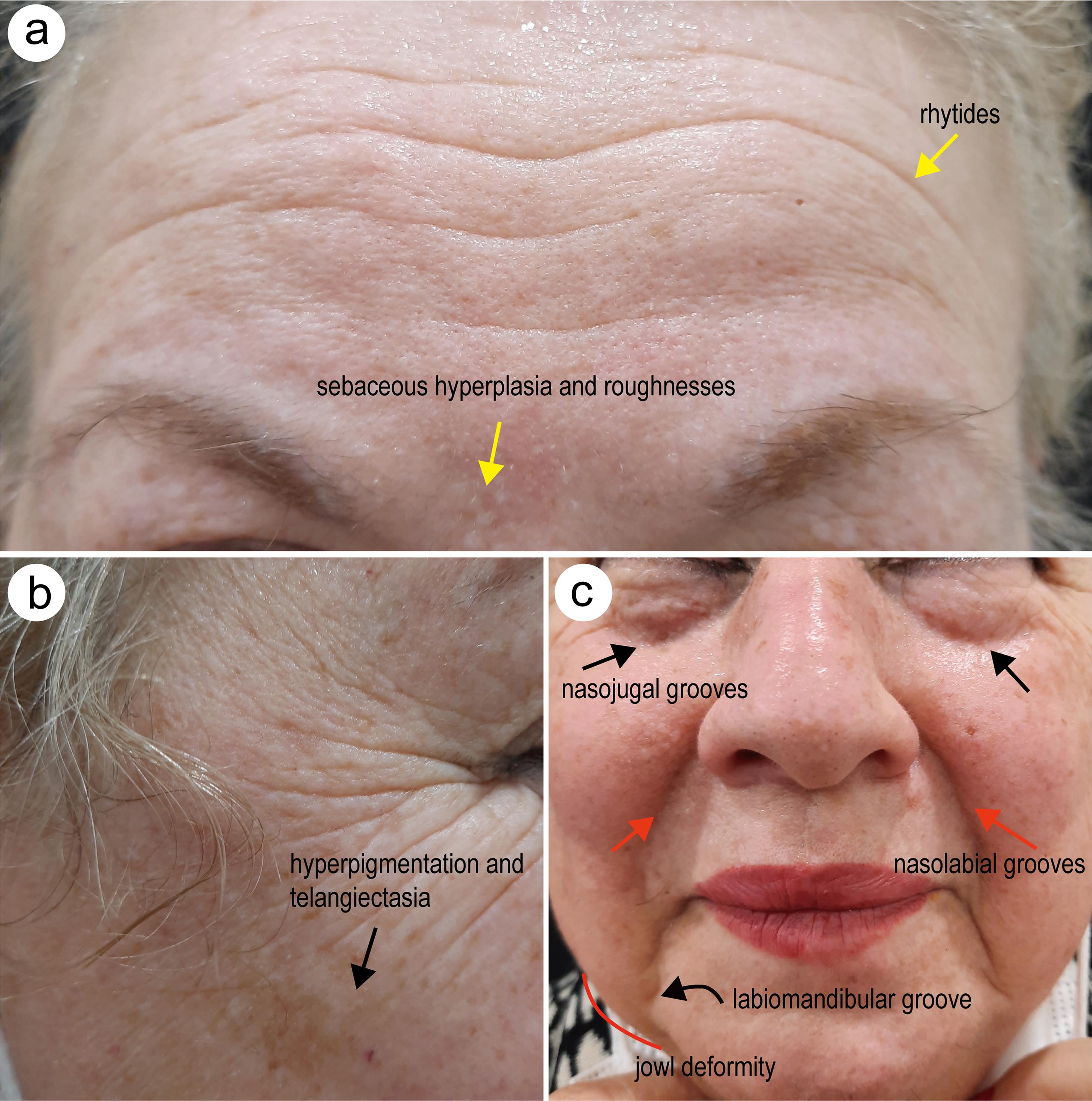“The Ultimate Guide to the Best Anti-Aging Strategies
Related Articles The Ultimate Guide to the Best Anti-Aging Strategies
- Okay, Here’s A Comprehensive Article On Affordable Mascaras, Targeting A Broad Audience And Aiming For Around 1600 Words.
- Basic Beauty Trends: Mastering The Essentials For A Timeless Glow
- The Ultimate Guide To Affordable Contouring: Sculpting Your Features Without Breaking The Bank
- Basic Makeup: A Beginner’s Guide To A Flawless Face
- Affordable Daily Glam: Elevate Your Everyday Look Without Breaking The Bank
Introduction
We’re thrilled to take a closer look at an engaging topic related to The Ultimate Guide to the Best Anti-Aging Strategies. Join us as we weave together valuable insights and fresh perspectives to bring a new dimension to your understanding.
Table of Content
The Ultimate Guide to the Best Anti-Aging Strategies

As we journey through life, the desire to maintain youthful vitality becomes a common aspiration. While aging is a natural and beautiful process, the quest to slow down its visible effects and preserve overall well-being is a pursuit many embark on. Fortunately, the world of anti-aging is vast and ever-evolving, offering a multitude of strategies to help us age gracefully and healthily.
This comprehensive guide delves into the most effective anti-aging techniques, encompassing lifestyle adjustments, skincare innovations, and advanced medical treatments. By understanding these approaches, you can create a personalized anti-aging plan that aligns with your unique needs and goals.
I. Lifestyle Factors: The Foundation of Youthful Aging
The cornerstone of any successful anti-aging strategy lies in adopting a healthy lifestyle. These fundamental habits have a profound impact on cellular health, reducing the risk of age-related diseases and promoting a vibrant appearance.
-
A. Nourishing Diet: What you eat plays a crucial role in how you age. A diet rich in antioxidants, vitamins, and minerals can combat free radicals, reduce inflammation, and support collagen production.
-
Key Foods:

- Fruits and Vegetables: Berries, leafy greens, and colorful vegetables are packed with antioxidants that protect against cellular damage.
- Healthy Fats: Avocados, nuts, seeds, and olive oil provide essential fatty acids that nourish the skin and support brain health.
- Lean Protein: Fish, poultry, beans, and lentils are vital for building and repairing tissues, including collagen and elastin.
- Whole Grains: Oats, quinoa, and brown rice offer fiber, which aids digestion and helps regulate blood sugar levels.

-
Foods to Limit:
- Processed Foods: High in sugar, unhealthy fats, and additives, these foods contribute to inflammation and accelerate aging.
- Sugary Drinks: Sodas, juices, and sweetened beverages can lead to weight gain, insulin resistance, and premature aging.
- Excessive Alcohol: While moderate consumption may have some benefits, excessive alcohol intake can damage the liver, dehydrate the skin, and impair cognitive function.

-
-
B. Regular Exercise: Physical activity is a powerful anti-aging tool. It improves cardiovascular health, strengthens bones and muscles, boosts mood, and enhances cognitive function.
-
Types of Exercise:
- Cardiovascular Exercise: Activities like running, swimming, and cycling improve heart health and circulation.
- Strength Training: Lifting weights or using resistance bands builds muscle mass, which declines with age.
- Flexibility and Balance Exercises: Yoga, Pilates, and Tai Chi improve flexibility, balance, and coordination, reducing the risk of falls.
-
Recommendations: Aim for at least 150 minutes of moderate-intensity or 75 minutes of vigorous-intensity aerobic exercise per week, along with strength training exercises at least twice a week.
-
-
C. Adequate Sleep: Sleep is essential for cellular repair, hormone regulation, and cognitive function. Lack of sleep can accelerate aging, weaken the immune system, and increase the risk of chronic diseases.
-
Tips for Better Sleep:
- Establish a Regular Sleep Schedule: Go to bed and wake up at the same time each day, even on weekends.
- Create a Relaxing Bedtime Routine: Take a warm bath, read a book, or listen to calming music before bed.
- Optimize Your Sleep Environment: Make sure your bedroom is dark, quiet, and cool.
- Avoid Caffeine and Alcohol Before Bed: These substances can interfere with sleep.
-
Recommendations: Aim for 7-9 hours of quality sleep per night.
-
-
D. Stress Management: Chronic stress can wreak havoc on the body, accelerating aging and increasing the risk of various health problems.
- Stress-Reducing Techniques:
- Mindfulness Meditation: Focusing on the present moment can reduce stress and improve overall well-being.
- Yoga: Combines physical postures, breathing techniques, and meditation to promote relaxation and reduce stress.
- Spending Time in Nature: Exposure to nature has been shown to lower stress hormones and improve mood.
- Social Connection: Spending time with loved ones can provide emotional support and reduce feelings of isolation.
- Stress-Reducing Techniques:
-
E. Sun Protection: Sun exposure is a major contributor to premature aging, causing wrinkles, age spots, and skin cancer.
- Sun Protection Strategies:
- Wear Sunscreen Daily: Apply a broad-spectrum sunscreen with an SPF of 30 or higher to all exposed skin, even on cloudy days.
- Seek Shade: Avoid prolonged sun exposure during peak hours (10 a.m. to 4 p.m.).
- Wear Protective Clothing: Cover up with long sleeves, pants, and a wide-brimmed hat when outdoors.
- Sun Protection Strategies:
II. Skincare: Nurturing Youthful Skin
Skincare is a crucial aspect of anti-aging, helping to maintain skin’s elasticity, hydration, and overall appearance.
-
A. Topical Retinoids: Retinoids are vitamin A derivatives that are highly effective at reducing wrinkles, improving skin texture, and stimulating collagen production.
-
Types of Retinoids:
- Retinol: A milder form of retinoid available over the counter.
- Tretinoin: A stronger prescription retinoid.
-
Usage: Start with a low concentration and gradually increase as tolerated. Use at night, as retinoids can make skin more sensitive to the sun.
-
-
B. Antioxidants: Antioxidants protect the skin from free radical damage, which contributes to aging.
- Key Antioxidants:
- Vitamin C: Brightens skin, boosts collagen production, and protects against sun damage.
- Vitamin E: Moisturizes skin and protects against free radicals.
- Niacinamide: Reduces inflammation, improves skin tone, and minimizes pores.
- Resveratrol: Protects against UV damage and stimulates collagen production.
- Key Antioxidants:
-
C. Peptides: Peptides are amino acids that help stimulate collagen production and improve skin firmness.
- Types of Peptides:
- Matrixyl: Stimulates collagen production and reduces wrinkles.
- Copper Peptides: Promote collagen and elastin production and improve skin texture.
- Types of Peptides:
-
D. Hyaluronic Acid: Hyaluronic acid is a humectant that attracts and retains moisture, keeping skin hydrated and plump.
- Usage: Apply hyaluronic acid serum to damp skin to maximize its hydrating effects.
-
E. Exfoliation: Exfoliation removes dead skin cells, revealing brighter, smoother skin.
-
Types of Exfoliation:
- Chemical Exfoliation: Uses acids like glycolic acid or salicylic acid to dissolve dead skin cells.
- Physical Exfoliation: Uses scrubs or brushes to manually remove dead skin cells.
-
Frequency: Exfoliate 1-2 times per week, depending on your skin type.
-
III. Advanced Anti-Aging Treatments
For those seeking more dramatic results, advanced medical treatments can offer significant improvements in skin appearance and overall well-being.
-
A. Laser Resurfacing: Laser resurfacing uses lasers to remove damaged skin layers, stimulating collagen production and reducing wrinkles, scars, and age spots.
- Types of Laser Resurfacing:
- Ablative Lasers: Remove the outer layer of skin, providing more dramatic results but requiring longer recovery time.
- Non-Ablative Lasers: Heat the underlying skin without removing the outer layer, resulting in less downtime.
- Types of Laser Resurfacing:
-
B. Chemical Peels: Chemical peels use acids to exfoliate the skin, improving texture, tone, and reducing wrinkles and age spots.
- Types of Chemical Peels:
- Superficial Peels: Mild peels that exfoliate the outer layer of skin.
- Medium-Depth Peels: Penetrate deeper into the skin, providing more significant results.
- Deep Peels: The most aggressive peels, requiring significant downtime.
- Types of Chemical Peels:
-
C. Microdermabrasion: Microdermabrasion uses a handheld device to exfoliate the skin, improving texture and reducing fine lines and wrinkles.
-
D. Microneedling: Microneedling uses tiny needles to create micro-injuries in the skin, stimulating collagen production and improving skin texture and firmness.
-
E. Injectables: Injectables like Botox and dermal fillers can address specific signs of aging.
- Botox: Relaxes facial muscles, reducing the appearance of wrinkles.
- Dermal Fillers: Plump up wrinkles and restore volume loss in the face.
IV. Supplements: Supporting Anti-Aging from Within
Certain supplements can support anti-aging by providing essential nutrients and antioxidants.
- A. Collagen Supplements: Collagen supplements can help improve skin elasticity, reduce wrinkles, and support joint health.
- B. Coenzyme Q10 (CoQ10): CoQ10 is an antioxidant that protects against free radical damage and supports cellular energy production.
- C. Omega-3 Fatty Acids: Omega-3 fatty acids support heart health, brain function, and skin hydration.
- D. Vitamin D: Vitamin D is essential for bone health, immune function, and overall well-being.
Conclusion
The quest for graceful aging is a journey that involves a holistic approach encompassing lifestyle adjustments, skincare innovations, and advanced medical treatments. By adopting a healthy lifestyle, protecting your skin from the sun, using effective skincare products, and considering advanced treatments, you can slow down the visible effects of aging and maintain youthful vitality. Remember to consult with healthcare professionals and skincare experts to create a personalized anti-aging plan that aligns with your unique needs and goals. Aging is a privilege, and with the right strategies, you can embrace it with confidence and grace.

Closing
With that, we hope this article has provided valuable insights into The Ultimate Guide to the Best Anti-Aging Strategies. We appreciate your interest in our content. See you in our next article!


